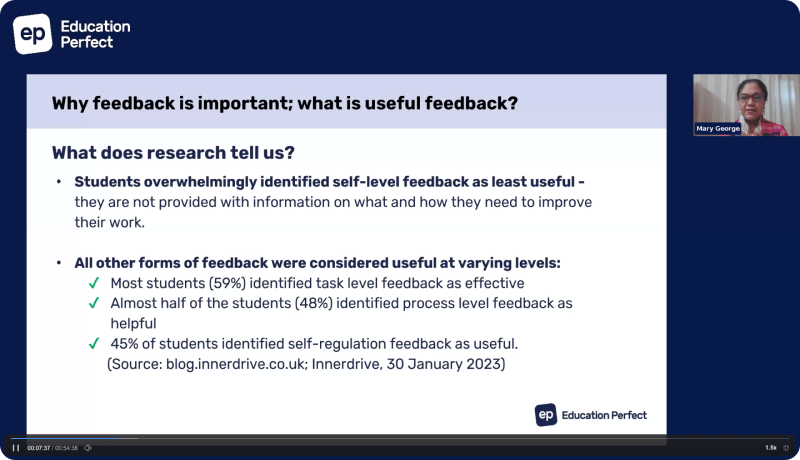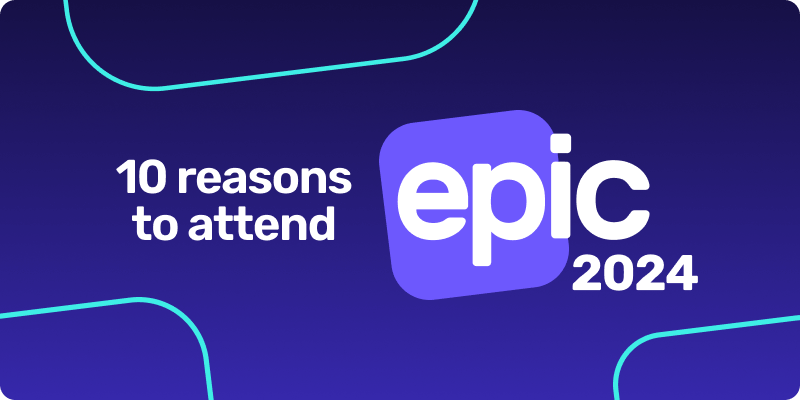Dreams matter for teachers, too.

They must become aware of pedagogical theory, adapt their teaching and learning programmes to provide individualised differentiation, and help students to develop their social, emotional, and intellectual growth. This guidance is delicate, it is a new form of both relationship and instruction, and it bears the hallmarks of a true profession.
Increasingly, experienced educators are turning to postgraduate study as a way of extending their abilities, and understanding how to best guide students through engaging learning experiences that have real-world relevance, and leverage technology to transform learning.
Masters studies, postgraduate specialisations, and micro-credentials in digital and online learning technologies are all more accessible than ever and are playing a part in reinventing the role that a senior teacher plays in the world of education. This understanding of the complex dynamics of learning has a significant impact on programmes from the government level, through to individual students who benefit from the greater understanding that their teachers have.
Make no mistake, technology has irrevocably changed the role of the teacher, and has created a more nuanced definition of what it means to be an educator. The paradigm has shifted, and the teachers on the vanguard of that change, the educators expanding the horizons of educational research, are the leaders of tomorrow. With increased post-graduate education, research-based practice, and a greater understanding of the demands of modern life, the profession of teaching is undergoing a silent revolution.
From raising literacy standards to gifted and talented education to the importance of cultural competence, the opportunity to undertake study is allowing teachers to not only research and implement best-practice but conduct studies that redefine the context of individualised education and join the conversation that is already in play.
Exceptional teachers are leveraging the potential of education to follow their passions and to determine a course of study that takes their own areas of interest into account.
Curiosity is the foundation of learning. Sir Ken Robinson spoke of his view on the future of education in 2016:
We have to go from what is essentially an industrial model of education, a manufacturing model, which is based on linearity and conformity and batching people. We have to move to a model that is based more on principles of agriculture. We have to recognize that human flourishing is not a mechanical process–it’s an organic process. And you cannot predict the outcome of human development. All you can do, like a farmer, is create the conditions under which they will begin to flourish.
This shift is not one that happens overnight, and determining what we as educators can do to create those conditions is one of the most important areas we can focus on.
Aspiring senior leaders now recognise the importance of examining their practice in a critical manner and choose to study towards qualifications such as a Masters in Educational Leadership while they are working in high-pressure roles and progressing towards their own Principalship. New Zealand does offer study leave provisions for some of this time, allowing the space to complete a qualification. However, these studies come at a significant cost to individual teachers, and while the study leave is a boon, it is not sufficient to cover the whole time.
The responsibility for education, and for supporting our educators, must expand beyond the confines of schools and governmental ministries. After all, the students of today, are the future leaders of every industry and supporting their access to redefined education that takes into account all dimensions, will yield long-term benefits. Professional industries should be challenged to do all they can to support teachers and their ongoing learning. By supporting this shift, we are contributing to creating individuals who have been inspired, who take an active role in their own learning and engage with new ideas throughout their careers with curiosity and commitment.
By Poppie Johnson



